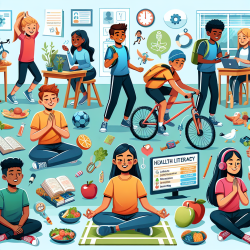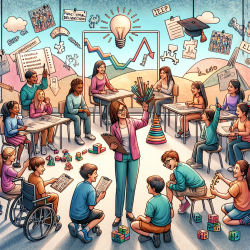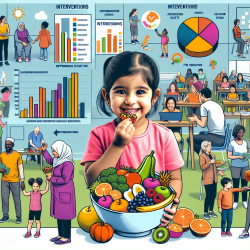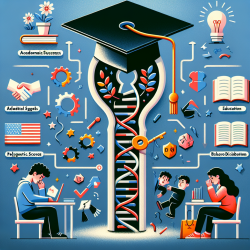The relationship between health literacy and quality of life (QOL) is a critical area of focus in educational and health settings. Recent research highlights that enhancing health literacy among junior middle school students can significantly improve their overall quality of life. This blog explores the findings from a cross-sectional study conducted in Chongqing, China, which investigated this association among students aged 12-15.
The Importance of Health Literacy
Health literacy is defined as the degree to which individuals have the capacity to obtain, process, and understand basic health information needed to make appropriate health decisions. For students, high levels of health literacy are associated with better physiological, mental, social, and pubertal well-being. This makes it a crucial component in fostering a supportive educational environment.
Key Findings from the Study
- Prevalence of Low Health Literacy: The study found that approximately 25.5% of junior middle school students had low health literacy. This group was more likely to experience lower QOL scores compared to their peers with higher health literacy.
- Impact on Quality of Life: Students with higher health literacy reported significantly better QOL across various domains, including physiological, mental, social, and pubertal well-being.
- Demographic Influences: Factors such as gender, grade level, family structure, and parental education were significant predictors of health literacy levels among students.
Strategies for Practitioners
The findings underscore the need for educators and therapists to prioritize health literacy in their programs. Here are some strategies practitioners can implement:
- Integrate Health Education into Curriculum: Schools should incorporate comprehensive health education that addresses both physical and mental health topics.
- Create Supportive Learning Environments: Encourage open discussions about health topics in classrooms to normalize these conversations and reduce stigma.
- Engage Parents and Caregivers: Provide resources and workshops for parents to enhance their understanding of health literacy and its impact on their children's well-being.
The Role of Online Therapy Services
TinyEYE's online therapy services can play a pivotal role in supporting schools to address these challenges. By providing accessible therapy sessions focused on improving communication skills and emotional resilience, online therapy can complement efforts to boost students' health literacy.
The Need for Further Research
The study calls for further longitudinal research to confirm these findings and explore additional interventions that could enhance students' QOL through improved health literacy. Practitioners are encouraged to engage with ongoing research efforts to stay informed about best practices in this evolving field.










